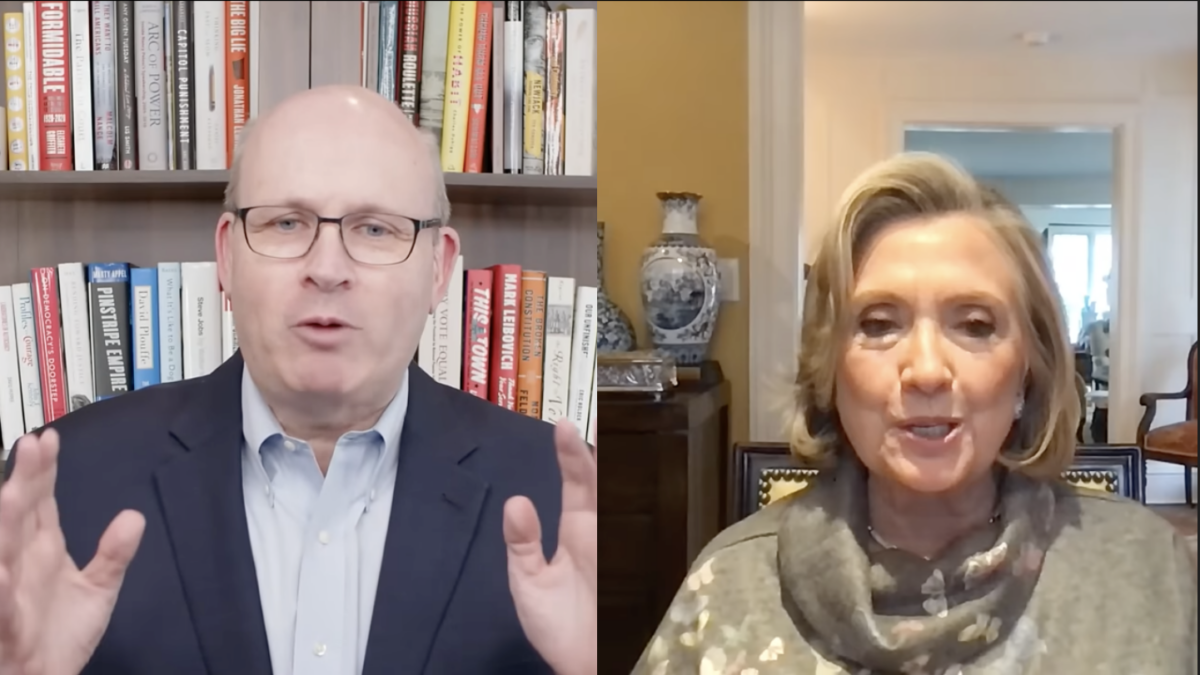First, a threshold question to answer before analyzing comments by superstar mothers: Why should anyone care about the habits of highly privileged moms? Because elite worries fuel peer pressure.
New mothers today have relatively limited childcare experience and lack the discernment that once came with experience. This leaves new mothers susceptible to popular pressure, and star moms can command a ton of it. Well-off, well-educated mothers particularly lack childcare experience—resume-building left little time or respect for babysitting—and like the stars we can stay home or hire nannies to provide the fashionable intense supervision, strict diets, nuanced extracurricular schedule, etc. Elite copycats then create peer pressure among mothers in general—see, for example the drama snacks can cause. I’ve not timed it yet, but I’d guess that a Paltrow pronouncement of a good thing keeps pace with London fashion—two to four years before a version becomes popular in most American metropolises. Even when elite debates seem irrelevant, they don’t remain so.
So what did Paltrow, Jolie, and Thompson do?
Gwyneth Paltrow recently evoked ire from mothers when she implied that actresses working on set have a harder time balancing work and family than an average mom. A few weeks later, in a post at her site, GOOP, Paltrow was rather surprised that she didn’t get sympathy for expressing her mother burdens. She has a point. The trend in the mommy world is to note that everyone has challenges, and we just need to support each other in our mothering. If the way out of the Mommy Wars is mutual support and no judgment, then why did Paltrow draw criticism for merely expressing her mother difficulties?
Then, in an interview a few weeks later, Angelina Jolie responded—not directly, but many celebrated her comments as a rebuttal of Paltrow— that privileged women shouldn’t complain about motherhood balance because they can afford workarounds:
I actually feel that women in my position, when we have all at our disposal to help us, shouldn’t complain. Consider all the people who really struggle and don’t have the financial means, don’t have the support, and many people are single raising children. That’s hard.
In the main, I agree with Jolie. The problems faced by the privileged are avoidable and, therefore, not as severe as the typical mom’s hardships. Paltrow’s offense is that she is a Petri dish for bad ideas and notorious for blithely implying that her woes have general applicability. (As I wrote this article, her comparison of online argument and actual battle made news.) Her limited-projects plan to accommodate her family is great advice for a woman of her social advantages, but it isn’t relatable for the mother without options.
Emma Thompson essentially made that point in an interview published last week. She took off a year to spend time with her daughter and recommended that any moms with the option do the same. The Daily Mail highlighted her comment that one can’t be a good mom and work full time, so many working moms took exception but since she acknowledged that the ability to take a year off wasn’t universal, her comments didn’t offend as badly as Paltrow’s did.
Obviously, elite moms could do with a bit of Thompson’s and Jolie’s humility to recognize that their problems are different, their solutions aren’t widely available, and things they take for granted can easily become standards of good mothering that most moms cannot hope to attain. But I take issue with Jolie’s no-complaining point. Taken to its logical conclusion like in this commentary at The Stir, a women’s discussion site, any privilege should block any complaining. If you have a privilege, just shut up and leave everyone else to their hardship.
This is nonsense. First, even privileged women have hardships. Affluenza—the difficulty of teaching children basic life skills when it is so much easier to pay someone to do a job—comes to mind. Also, when parents can hire a nanny, it is easy to fall into a cycle of “I pay the nanny, so I should do something else while she’s there” which can lead to spending less time with the children just because help is available. Then there is the crushing blow when, not if but when, the child seeks comfort from the nanny instead of the mom. I’ve also known extremely wealthy women who don’t have any idea how to connect to their children, even while they want to. Grave or not, these problems exist and shutting up solves nothing.
Second, “no complaints if privileged” is an excellent example of what is wrong with the “perfect harmony, everyone just get along” advice. It might sound nice, but it isolates. If privilege means one should shut up and privilege just happens, like lightning, then no one can really help anybody. A particularly irksome passage from The Stir article:
As much as we love how Angie’s words are going to put the Gwyneths of the world to shame, what she has to say is important for other reasons as well. Her mommy message extends far beyond women who fall within the highest tax bracket…. I’m certainly not wealthy like Angelina, but that isn’t the point. Like lots of other moms, I am fortunate enough to be in a loving, two-income partnership with a husband who splits all of our parenting responsibilities.
Fortunate enough? As if having a loving husband is something that just happens to us, like luck? This is the problem that Charles Murray called elite’s failure to preach what we practice. The author is quite correct: Having a loving, partnership-minded husband makes everything easier: budgeting, discipline, child outcomes, loneliness—the list of advantages married parents have over single partners is long and significant.
Women say “I’m just fortunate,” intending to be nice by avoiding any implication that they did anything better than someone else, but it isn’t nice because the fortunate know that these types of marriages are sought and cultivated. In the name of “nice,” the fortunate ones end up just looking down upon the less fortunate with little more to offer than pity. The happily married could serve the less fortunate better by starting to explain how to achieve these unions, without caving to self-deprecating pieties about fortune or luck.
In my experience, there is no such thing as luck.









